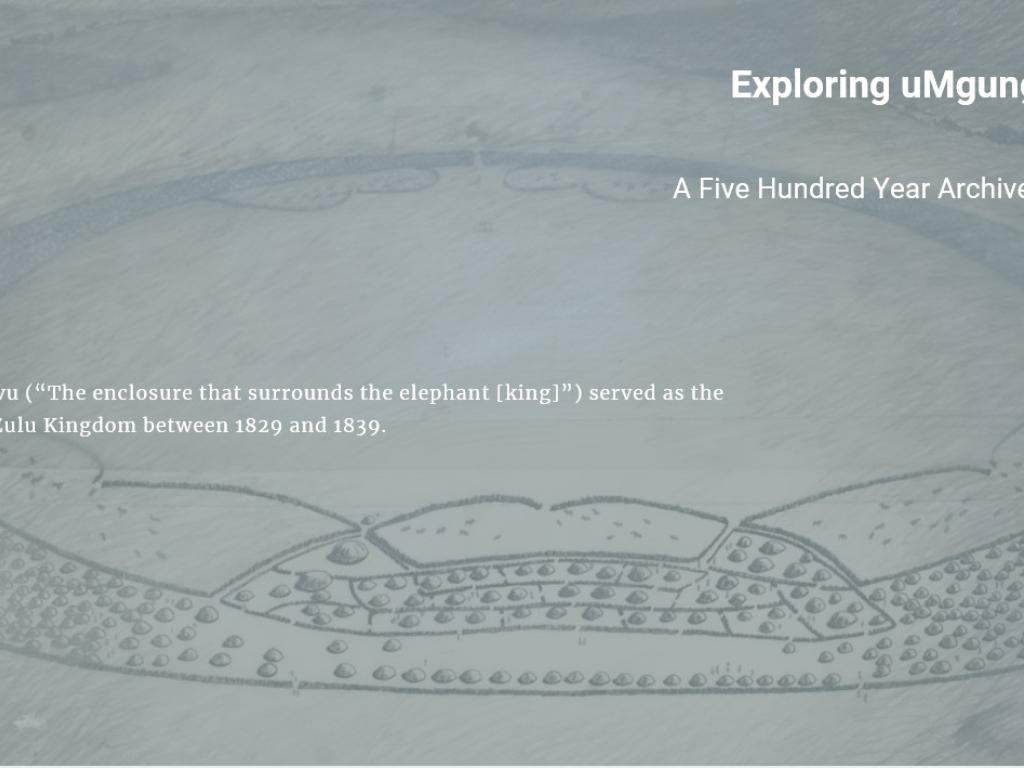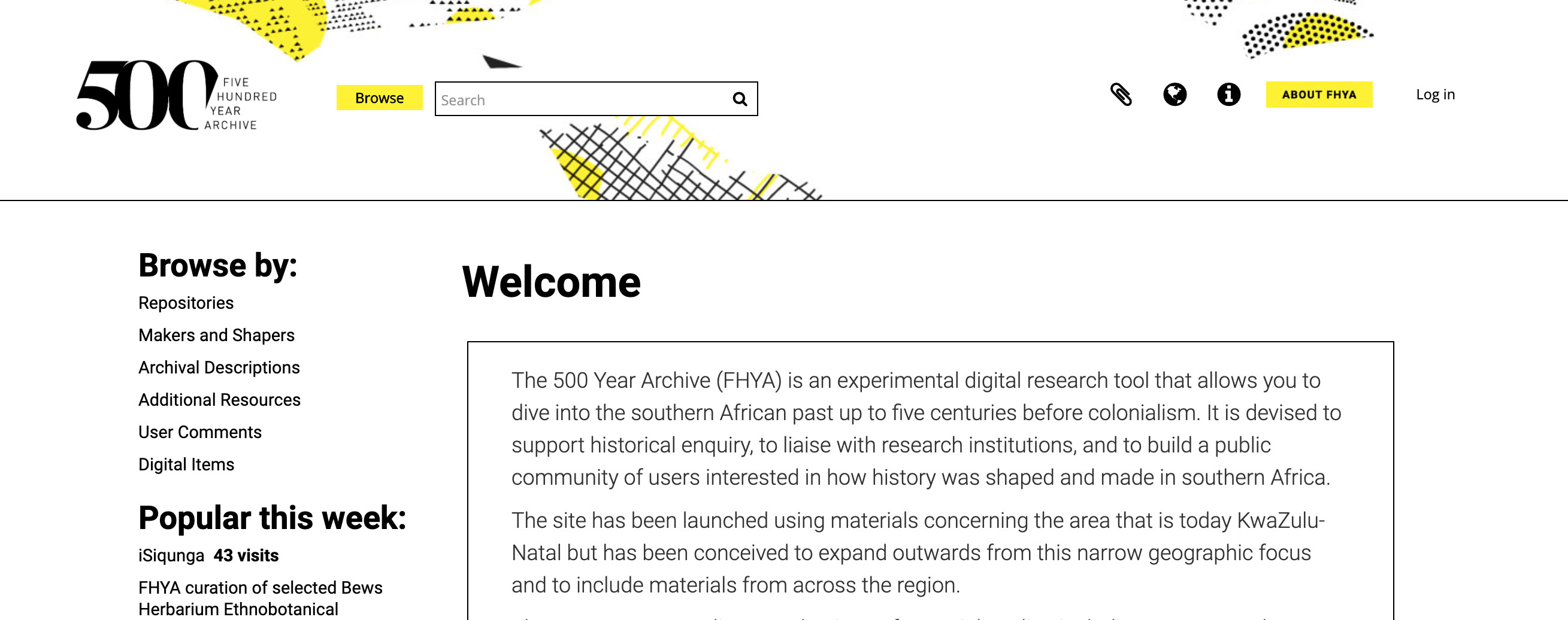Wrapping up 2020

We have finally come to the end of an astonishing year. Many APC researchers have lost friends and family in the pandemic and we are saddened by these depredations. I hope that all the APC researchers, staff and students will make sure to plan some downtime for yourselves over the vacation break. We should not underestimate how demanding and difficult 2020 has been, and the toll that it has taken on everyone. Also, it seems that the next few weeks will be very difficult.
That said, I want to thank you all for the fortitude that you have shown. A number of people have made remarkable contributions in the face of difficult circumstances in both the work environment and their personal lives. Special mention needs to be made of the many different things that our research administrator, Rifqah Kahn, has done to keep the APC show on the road. We recall with admiration how she switched us across so seamlessly, and with short notice, from planning for an in-person April Research Development Workshop to a Zoom one, back in the day when Zoom was an unknown functionality.
The two remote Research Development Workshops were highlights of this difficult year. Special thanks are due to our post-docs, Susana Molins-Lliteras and Ettore Morelli, who directed the two workshops and who ran our reading groups through the year. Who can forget Daniel Dix’s astonishingly engaging paper on the minutiae in the bureaucratic correspondence involved in the ordering of guards’ greatcoats in the 1890s and the fabulous energy of the Zoom “live radio session” hosted by Katleho Shoro and Mushaandja Sakaria that closed the April workshop with a feast of poetry, readings and music? Or the session on books that travel, bracketed by Tomohiro Kambayashi (Zooming in from Japan) telling us about the spread of Booker T Washington’s works in Japan, Korea and South Africa, and APC guest scholar (2020-2021), Athambile Masolo, tracking the 1930s travels and literary productions of that remarkable African woman writer, Frieda Mathews?
We ran three reading groups in 2020, with varying degrees of success. In part they were helpful in keeping our scholarly community together and intellectually animated, but we discovered that students found them hard to commit to. Indeed, feedback to us has been that the remote situation has been especially hard for students, who, even under normal circumstances with our research space active and alive, find thesis-writing a lonely road. It is clear that many experienced the isolation of working on individualised topics without readily available cohort contact almost impossible to manage. Because we are likely to be obliged to work mostly remotely for the first half of 2021, the APC is bending its mind to finding new ways of building an online scholarly community and we invite your suggestions, ideas and comments.
We take note of the way in which our students nonetheless did extraordinary things in 2020. To mention but a few: Sanele kaNtshingana played a central role in organising the African Languages Literary Heritage Colloquium held at Nelson Mandela University in November 2020; Precious Bikitsha and Wade Smit boldly entered the world of history podcasting; Sizakele Gumede worked on a manuscript on St Helena; and in October Nashilongwe Mushaandja Sakaria was involved in days of gender-based violence protests in Namibia.
Working on these kinds of initiatives, and in teams on projects, turned out to be key in managing 2020 conditions. The Five Hundred Year Archive (FHYA) project proved to be an especially resilient initiative and had a remarkably productive year.
The FHYA team brought the 500 Year Archive online in the middle of the year. It has been a resource lifeline for researchers otherwise hamstrung by the lack of access to libraries, archives and field situations. The team successfully showcased various digital initiatives in a host of forums, and finishes the year with a reputation for being one of the most innovative digital projects in the country, with growing international standing and profile. The exciting collaboration with the Professor of Computer Science, Hussein Suleman, is flourishing and we anticipate launching our innovative new online archive, EMANDULO, early in 2021. The FHYA team has worked astonishingly hard and with tremendous flair and congratulations are due all round. Special thanks are due to APC research associate John Wright, on whose expertise and depth of scholarship the team makes regular calls.
Screenshot of the FHYA.org homepage. Go to www.fhya.org to visit the Five Hundred Year Archive.
A particular highlight for the FHYA has been the launch of the first of its online public offerings, a variety of presentations with links into the archive. If you have not yet had a chance to view or to listen to any of these, here are some links for wonderful historical materials that even grannies and kids might enjoy.
Find out about the 1830s capital of the Zulu kingdom under King Dingane: Exploring uMgungundlovu, at https://www.curatorium.co.za/fhya-exploring-umgungundlovu/.
We are particularly excited to have projects online in isiZulu. You might like to take a drive sometime listening to the reminiscences of three izinceku, on their youths spent at uMgungundlovu, in the service of King Dingane. Along with extracts from Thokozani Mhlambi’s archive- and uMgungundlovu site-inspired composition Ukudibana kwezimpondo. For the podcasts go to https://www.curatorium.co.za/fhya-umgungundlovu-through-the-eyes-of-the-izinceku/.
For the original musical composition, Ukudibana Kwezimpondo, go to SoundCloud.
Another highlight is our feature on the axis of trade, travel and communication between uMgungundlovu and Thaba Bosiu. It introduces us to one of a number of local trade routes and trading cultures that together linked southern African with the Indian Ocean trade (our version of the patchwork of local trade routes that eventually made up the Asian Silk Road). See: A Small and Barely Perceptible Pathway (on a trade route between Thaba Bosiu and King Dingane’s capital) at https://www.curatorium.co.za/fhya-a-small-and-scarcely-perceptible-pathway-to-umgungundlovu/. We are slowly but surely expanding the ambit of the FHYA to include material from Sotho and Xhosa pasts.
There are lots more exciting projects of this kind under development and we will be releasing them in the course of 2021. We challenge all of you to think about whether your research lends itself to this kind of creative digital work and invite you to submit proposals for projects that you are interested in developing with our support.
Another big achievement of 2020 was the launch of our edited book, Babel Unbound: Rage, Reason and Rethinking Public Life (published by Wits University Press). The book has been the subject of exciting webinars and discussions, and extracts have featured widely in the press. If you want to find out more about the book and its take-up go to http://www.apc.uct.ac.za/apc/research-ouputs/books/babel-unbound. Another important book that appeared this year is our former researcher and now research associate Annette Hoffman’s book on early sound recordings as inadvertent archives, much of the research for which was undertaken during her time at the APC. The book is a systematic study of the position and potential of sound recordings by linguists as including the commentary of those who were subjected to the research. Hoffman’s book is published in German but an English engagement with the book can be consulted at http://www.apc.uct.ac.za/news/Knowledge-Production-Book-Hoffman.
In September, three APC MA graduates started PhDs at top universities in the United States: Rehana Odendaal and Katleho Shoro at the University of Pennsylvania, and Ayanda Mahlaba at Stanford. We wish them every success.
We finished December on a high note by celebrating the graduation, with distinctions, of two APC Masters students, Rehana Odendaal and Henry Fagan. Congratulations to both of you.
Thokozani Mhlambi, Susana Molins Lliteras and Ettore Morelli have all completed their APC post-docs in 2020, but stay on with the APC as APC research associates. We welcome Alírio Karina, whom many of you know from our workshops, as our new post-doc.
Have good break. APC reopens on 18 January 2021; term begins for post graduates on 1 March, 2021.
Save the date of the 2021 Research Development Workshops: 5-7 May; 27-29 October.
